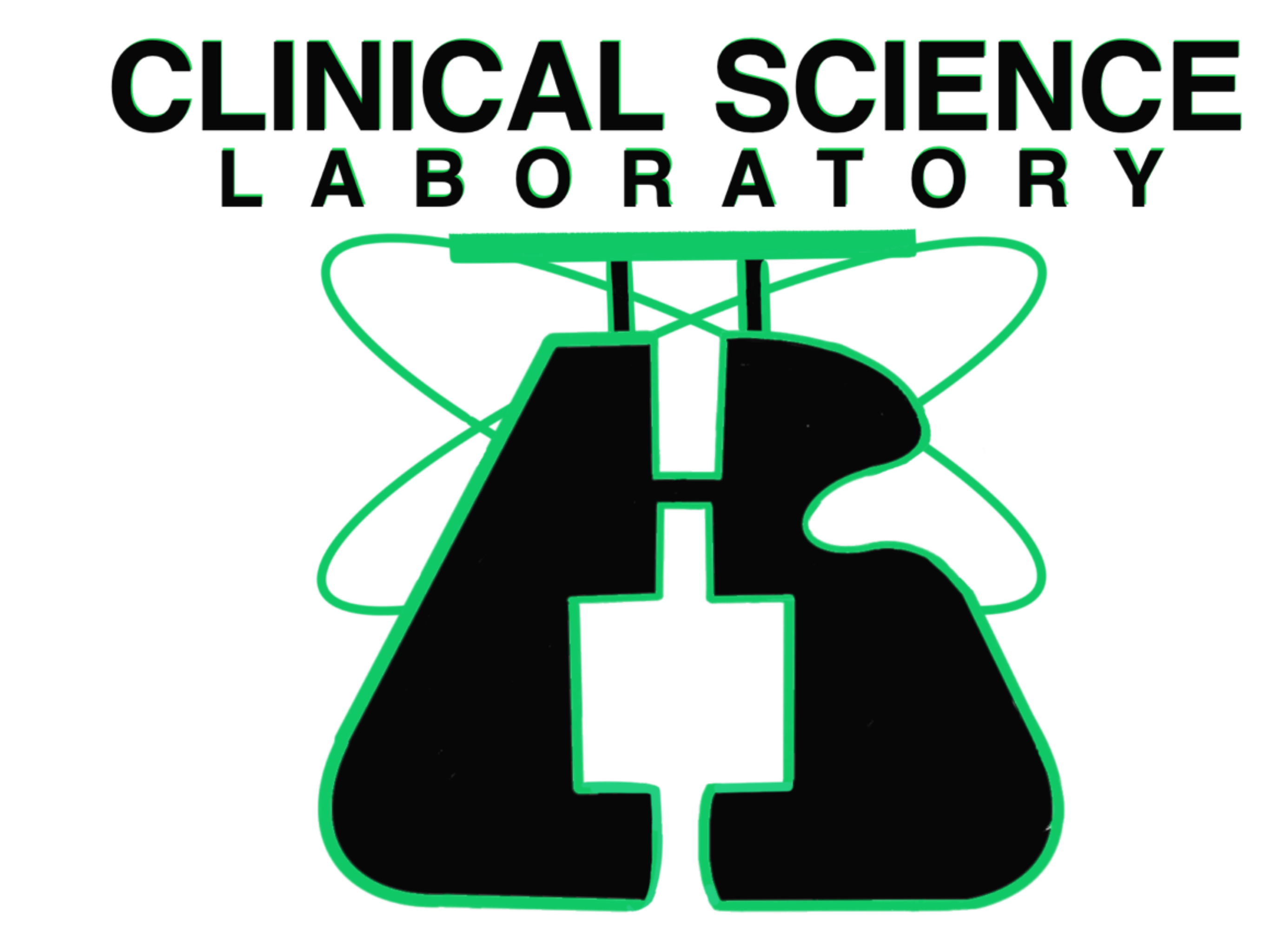
Clinical Science Laboratory launches new test for risk assessment and prognosis of severe Preeclampsia in pregnant women.
B·R·A·H·M·S™ sFlt-1/PlGF KRYPTOR™ Test System is available through physicians and is the first FDA-cleared biomarker test to aid in the risk assessment of progression to preeclampsia with severe features, a leading cause of maternal and fetal mortality in the U.S.1
MARCH 14, 2024 – CLINICAL SCIENCE LABORATORY, a leading national reference laboratory, today announced the launch and availability of a new, FDA-cleared blood test for risk assessment and clinical management of severe preeclampsia, a life-threatening blood pressure disorder that occurs during pregnancy and the postpartum period.
Preeclampsia is a condition unique to pregnancy that affects 2-5% of all pregnancies and is a major cause of maternal and neonatal morbidity and mortality in the United States.1 Standard approaches for clinical diagnosis of preeclampsia, such as blood pressure and proteinuria evaluation, have been shown to be inadequate predictors of severe adverse maternal and perinatal outcomes.2
The new test, developed by Thermo Fisher Scientific and named one of TIME Magazine’s Best Inventions of 2023, measures two angiogenic biomarkers associated with preeclampsia, serum soluble fms-like tyrosine kinase 1 (sFlt-1) and placental growth factor (PlGF).
The test result, a ratio of these two biomarkers, in conjunction with other laboratory tests and clinical assessments, helps clinicians identify which patients hospitalized for hypertensive disorders of pregnancy may be at risk of progressing to severe features of preeclampsia within the next two weeks of the test. This was validated by the PRAECIS study, which examined more than 1,000 pregnant women across 18 hospitals in the U.S.3
The blood-based test is intended for use in singleton pregnancies between 23+0 and 34+6/7 weeks gestation. Pregnant women who test positive based on the risk stratification sFlt-1/PlGF ratio ≥ 40, along with other indicators of disease, can receive enhanced surveillance and accelerated care before severe features develop.
“This new test gives our providers early and objective information to assist in their management of preeclampsia, supporting our commitment to provide the most comprehensive and advanced menu of diagnostic tests,” said DR. LOU AMORUSO, Clinical Co-Director.
For more information about the new preeclampsia test, including studies done to validate its clinical utility, visit:
About Clinical Science Laboratory
In business since 1974, Clinical Science Laboratory (CSL) is an international medical laboratory utilizing today and tomorrow’s testing technology to enhance and promote life for people all over the world. CSL assists medical professionals in providing more accurate diagnoses and personalized treatment. By providing a large menu of comprehensive test, quick turnaround time and consultations with experienced professionals, Clinical Science Laboratory in an invaluable resource to healthcare providers. Clinical Science Laboratory is federally licensed by CLIA (Clinical Laboratory Improvement Amendments of 1988) and certified by CAP (College of American Pathologists).
References:
1. Poon, L. et al. The International Federation of Gynecology and Obstetrics (FIGO) initiative on pre-eclampsia. Int. J. Gynaecol. Obstet. 145, 1 (2019).
2. Zhang J, Klebanoff MA, Roberts JM. Prediction of adverse outcomes by common definitions of hypertension in pregnancy. Obstet Gynecol. 2001 Feb;97(2):261-7. doi: 10.1016/s0029-7844(00)01125-x. PMID: 11165592.
3. Thadhani R, Lemoine E, Rana S, et al. Circulating angiogenic factor levels in hypertensive disorders of pregnancy. NEJM Evid 2022; 1:EVIDoa2200161.
